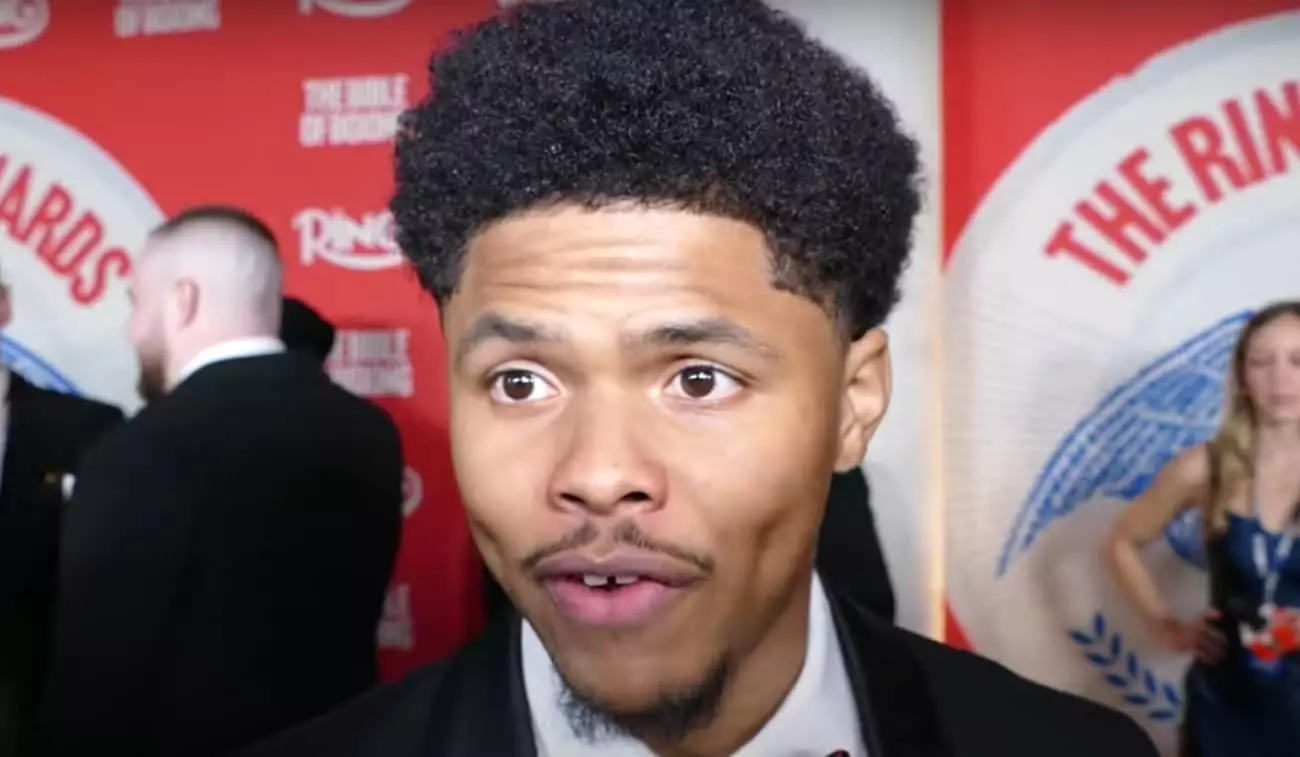Shakur Stevenson, the WBC lightweight champion from Newark, New Jersey, has recently made headlines with his claims that he isn’t interested in pursuing a fight with Gervonta Davis. He emphatically stated that he does not “need” this fight, suggesting a high level of confidence in his own career trajectory. However, this stance raises questions about whether Stevenson fully understands the implications of such statements in the context of his ongoing struggles to gain prominence in the sport. As he prepares for an undercard bout scheduled for February 22nd, it becomes clear that his career momentum has faltered, making his defiance toward potential opponents seem somewhat misplaced.
One of the key issues in Stevenson’s assertion is his recent performance history. Over the past three years, Stevenson has found himself in numerous bouts that have failed to ignite a significant response from boxing fans. He has faced the unwelcome reality of being booed during matches, a troubling indicator that his style or tactical approach may not resonate with audiences. The decision to place his title defense against Floyd Schofield on a crowded card, buried within higher-profile fights, signifies a troubling position for a champion. This situation paints a vivid picture of a fighter who is not drawing the interest that many of his peers enjoy, creating an urgent need for Stevenson to reevaluate his approach to the sport.
In a recent interview, Stevenson mentioned reliance on figures like Turki Al-Sheikh to facilitate a fight with Davis. This perceived dependence may be indicative of a lack of clear direction and ambition within his camp. If a Davis fight does not materialize, Stevenson’s options might dwindle significantly. He previously indicated a reluctance to face his friend, Keyshawn Davis, which further complicates his pursuit of meaningful matchups. Instead, he appears to be eyeing opponents like William Zepeda and Vasily Lomachenko, yet with uncertainty surrounding Lomachenko’s interest, the situation becomes increasingly precarious.
Confrontation versus Confidence
Stevenson’s recent comments regarding Gervonta Davis’s plans for retirement hint at a deeper rivalry between the two athletes. By calling Davis’s approach “soft,” and insisting he won’t chase after him, Stevenson may unintentionally distance himself from opportunities that could enhance his career. The boxing landscape often necessitates not just skill and talent, but also strategic maneuvering and the ability to seize opportunities when they arise. Stevenson’s dismissive attitude might serve him well in projecting confidence, but it risks alienating potential partners and opponents.
The situation of Shakur Stevenson encapsulates the often treacherous journey of professional athletes navigating the complexities of fame, marketability, and competition. While his confidence in his abilities and refusal to chase Gervonta Davis may be admirable, it begs the question of strategic foresight. For Stevenson to bolster his standing in boxing, he must strike a careful balance between asserting his independence and recognizing the realities of the promotional landscape. Whether he can successfully navigate this tricky path remains to be seen, but the clock is ticking on his need to reclaim relevance and demand in the sport.


Leave a Reply